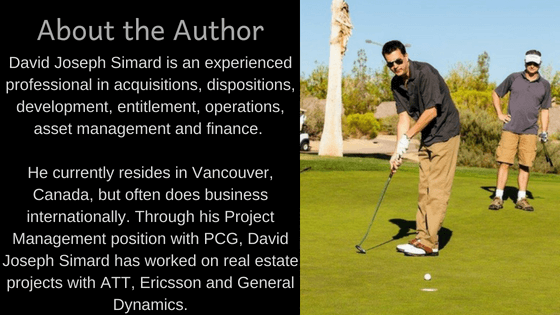Communication is regarded as one of the most important skills an effective leader can have. This proficiency in communication extends beyond face-to-face conversations, phone calls, and presentations. Though the above examples certainly require excellent communication skills, leaders must also strive to uphold their same prowess when it comes to email correspondence.
Preparation
It can be easy to think of email as a step up from text messages, but email should not be used as a means to convey information quickly. Instead, leaders should be careful and thoughtful when deciding what to write in their emails. Before writing anything, consider not only what you want to say but also your intentions in sharing this information and your expectations for your recipients’ reactions.
If the information could be more effectively communicated in person or over a phone call, choosing one of those options will limit the potential for misunderstandings and improve relationships.
Deliberate Choices
Emails make communication simple and quick, but this feature has become somewhat overused. Rather than rushing to write an email and sending it upon finishing it, leaders should take time to read over their message. You want to make sure your message is clear, concise, and deliberate. Additionally, your message should be as straightforward and simple as it can be; this applies to the subject line, as well.
Rather than opt for a vague, generic subject line, choosing a specific title that references the specific contents of your email will be more valuable and recognizable to recipients. Understanding how individuals view, read, and organize their inboxes based on priority or importance can help you recognize the need for specificity in your emails.
Directness
When leaders email other members of their business, external partners, or clients, it is important that they do not leave their own intentions a mystery. Asking explicit questions, prompting a response, or establishing a time to discuss a topic in person shows your recipients that you are organized and actionable.
Brevity also plays a part in this matter. If it takes you half an hour to draft an email or your email exceeds a few brief paragraphs, you may be better off speaking to your recipient in a more direct manner. Use emails to convey information that is brief, easily understood, and non-urgent. Understanding this will help you improve the contents of your emails and increase readership.
Mastering the art of email can be challenging, even for experienced leaders. Even so, it is an essential component of modern leadership that should be a priority for all leaders.


